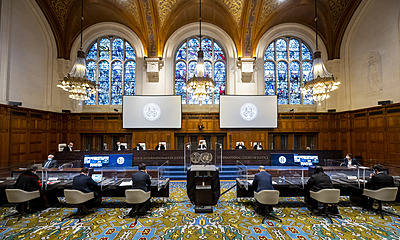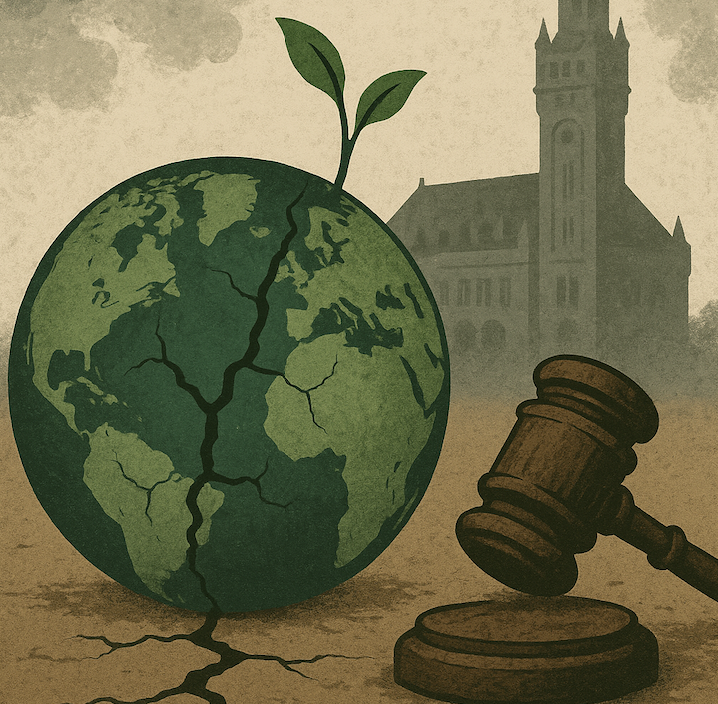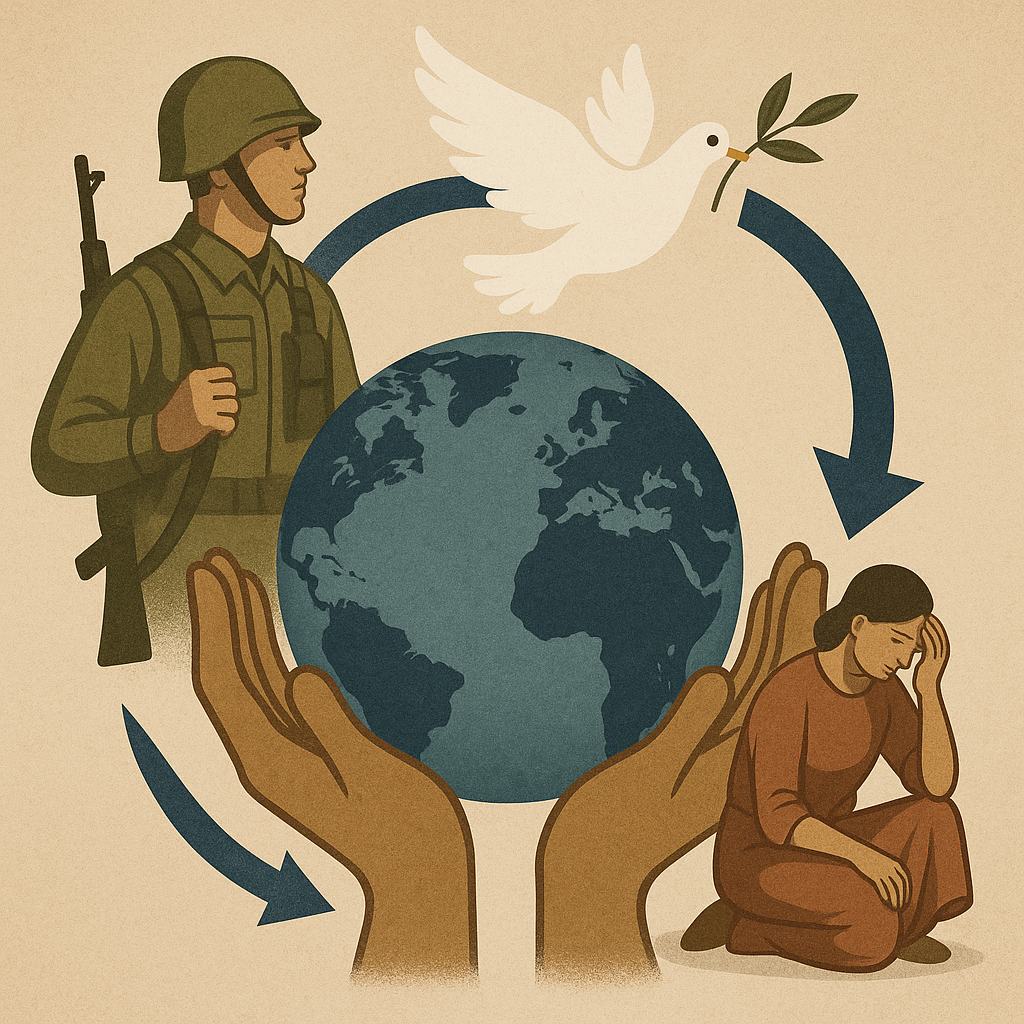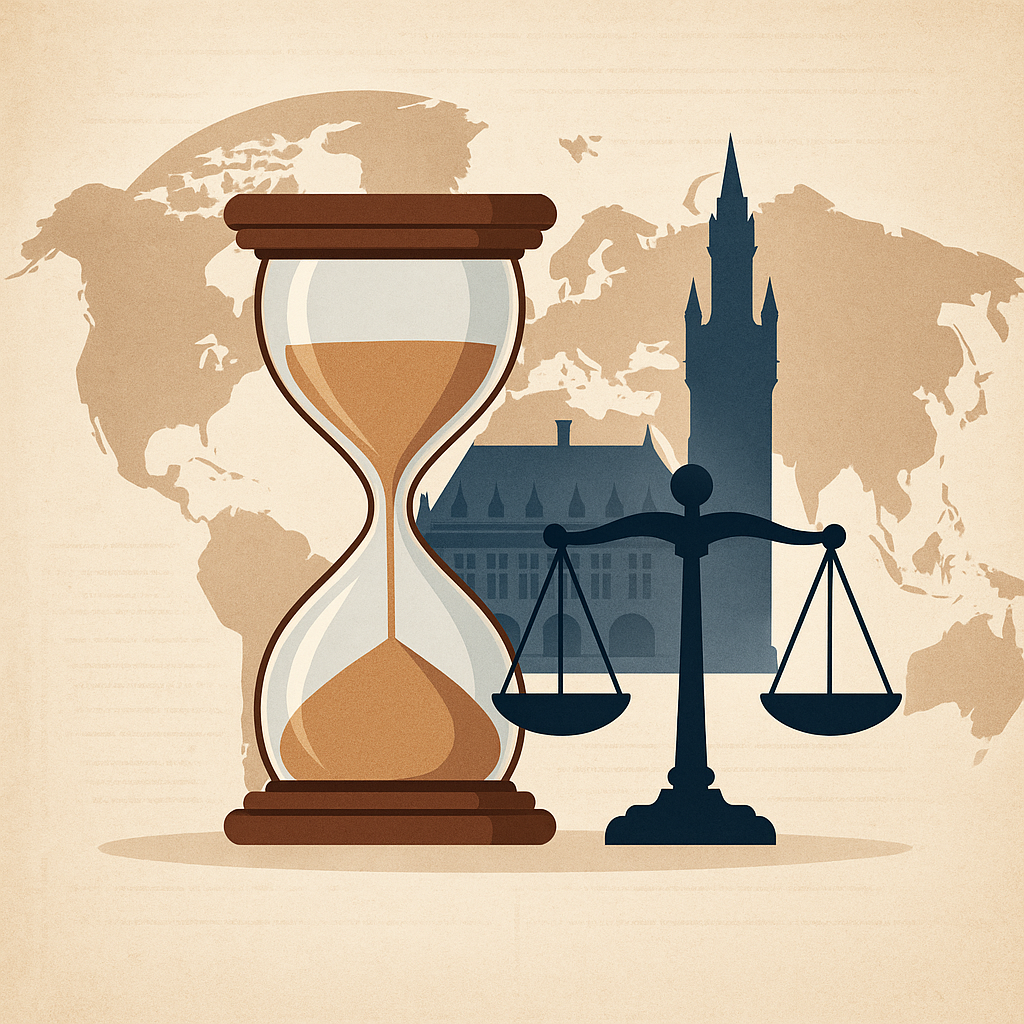“Armed Activities on the Territory of the Congo”, which contributed greatly to the definition of customary international law, is again before the International Court of Justice (“ICJ” or “Court“), after the judgment given in 2005. The conflict between the Uganda and Democratic Republic of the Congo (“DRC”) started in the 1990s. The legal process was initiated in 1999 by the application of the DRC to the ICJ for Uganda keeping its troops in the DRC. The ICJ has given its final judgment in 2005. In 2015, the issue was once again brought before the Court, because of the fact that the parties could not agree on the amount of compensation. After 6 years, the hearing will be held in an open sessions by 20 April, which the judges will attend in person or via online services.
Factual Background and Litigation History
In 1997, with the help of Rwanda and Uganda, Laurent-Désiré Kabila took over as head of state in the DRC. Then, the military forces of Uganda and Rwanda started to locate in DRC’s territory with the invitation and consent of the DRC. However, Kabila later stated that by the date of 28 July 1998, he withdrew his consent for Uganda’s troops to be in DRC’s sovereign territory. On 8 August 1998, Kabila accused Uganda and Rwanda of invasion, as the troops of both countries remained in DRC.
On 23 June 1999, the DRC filed an application instituting proceedings before the ICJ against Burundi, Rwanda and Uganda for the determination of the armed conflict in its territory and the cessation of it. In 2001, when the DRC stated its intention not to continue the cases against Burundi and Rwanda, the case against these two countries was dropped and the case continued only for Uganda’s armed activities.
Allegations of the DRC
In the DRC’s application to the Court, the DRC claimed that Uganda carried out armed activities against the DRC, provided logistical and financial support to anti-DRC groups, violated the rules of human rights and humanitarian law during these activities, and finally claimed that Uganda was involved in the illegal exploitation of the DRC’s natural resources. With these allegations, the DRC demanded cessation, non-repetition of these acts, and ruling of a necessary amount of compensation.
DRC applied to the Court in its application for an interim measure on 19 June 2000, claiming that its own state sovereignty and human rights were violated. The court ruled on 1 July 2000 both parties refrain from any armed activity that could harm each other or violate international law and take the necessary measures. Here, it was expected from the parties to respect fundamental human rights and humanitarian law.
Counter Allegations of Uganda
In its counter-memorial on 29 November 2001, Uganda accused DRC of three different violations. The ICJ accepted two of them and added to the case. Uganda argued that DRC gave its consent for Uganda’s troops to remain in its sovereign territory, and that Uganda had at the same time the right to self-defense.
What Did the ICJ Say in Its Judgment of 2005?
The court delivered a judgment in December 2005 after the hearings. According to the findings of the court, the DRC no more had consent to the presence of Uganda’s troops in its sovereign territory by August 1998. Besides, even if a state consents to the presence of troops of another state in its territory, the scope of this consent is limited to the specified region and time period. Actions that take place in the territory of DRC constitute a violation of its rights, due to DRC’s withdrawal of consent. Plus, even if the consent was not withdrawn, the armed activities were taking place outside the region specified in the consent. In both cases, DRC’s right were violated by Uganda.
The court also stated that the conditions for Uganda’s self-defense were not met. Taking into account the substantial and persistent character of the military interventions, the Court ruled that it violated the prohibition on the use of force contained in the UN Charter. The Court also decided that logistical support to irregular groups in DRC was a violation of international law principles.
Finally, the court decided that human rights and humanitarian law violations in the Ituri region can also be attributed to Uganda. However, ICJ did not accept the claim of DRC, that Uganda participated in the exploitation of DRC’s natural sources as a government policy.
This decision is especially important as it is the first case in which ICJ defined the concept of “occupation” in the context of international law. The court defined occupation as the presence of military power on the territory of a state without the consent of that state.
Furthermore, the Court made its decision regarding the counter application of Uganda in 2011. Accordingly, one of Uganda’s claims was found to be right and the ICJ decided that the DRC violated its obligations under the Vienna Convention on Diplomatic Relations. Uganda’s other claim was rejected due to the lack of evidence.
As a result, the Court decided that the parties must make a settlement in terms of the amount of compensation that must be paid. In case of disagreement of the parties, the ICJ reserved its authority to decide.
Disagreement on the Amount of Compensation
In 2015, after parties could not mutually agree on the amount of reparations, DRC applied to the Court again. After the allegations and defenses of the parties which were put forth in 2015, the case is once more before the Court since April 2021. DRC’s lawyers seek for 4.3 billion dollars of reparation from Uganda to compensate its armed activities in the Ituri region. An expert commission was established in the ICJ in order to determine the amount and quality of compensation for the damages and violations between 1998-2003 and hearings on the issue will continue before the Court.
Image: International Court of Justice
Sources:
https://www.icj-cij.org/en/case/116
https://www.icj-cij.org/en/case/116/press-releases
https://ruwanthikagunaratne.wordpress.com/2018/03/28/armed-activities-case-drc-vs-uganda-occupation/
https://www.jstor.org/stable/44308354?seq=1





